Programs Offered
B.Tech (Computer Science & Engineering (Data Science))
Intake – 120
Core Competencies
- Data Sciences
- Machine Learning
- Image Processing
- IOT
- FOSSEE
Vision
Mission
About CSE(DS) Department
Overview
B.Tech in Computer Science & Engineering(Data Science) is a journey towards mastering CSE in the field of Data Science applying Machine Learning Techniques. This course will make the students to understand and master CSE and also make them specialist in the field of Data Science – which is one of the emerging fields of Computer Science and Highest paid in the market. Companies like Google, Microsoft, Face Book, Twitter, Instagram, Cisco, Amazon, Oracle are the major users of Data Science which is highly driven by data.
Data Science is the conceptual framework which is used in Analytics, this would include statistics, computational physics, algebra, CS and all allied subjects.
The interdisciplinary field of data science uses key skills of a wide range of fields including machine learning, statistics, visualization etc. It enables us to identify meaning and appropriate information from huge volumes of data to make informed decisions in technology, science, business etc.
For a simpler view on the relation between these technologies, data science is applied based on machine learning. And machine learning is a part of data science that draws features from algorithms and statistics to work on the data extracted from and produced by multiple resources. Thus, you can say data science merges together a bunch of algorithms obtained from machine learning to develop a solution, and during the process, lots of ideas from traditional domain expertise, statistics and mathematics are borrowed.
In a nutshell we can say other words, data science stands for an all-inclusive term that consists of aspects of ML for functionality. Interestingly, ML is also an element of data science, where a diverse set of purpose is achieved on a whole new level. ML and DS are a part and parcel of data science.
So a B.Tech. graduate in CSE& DS will be solving real life problems driven by data, applying machine learning algorithms and driven by DS concepts.
Mou’s



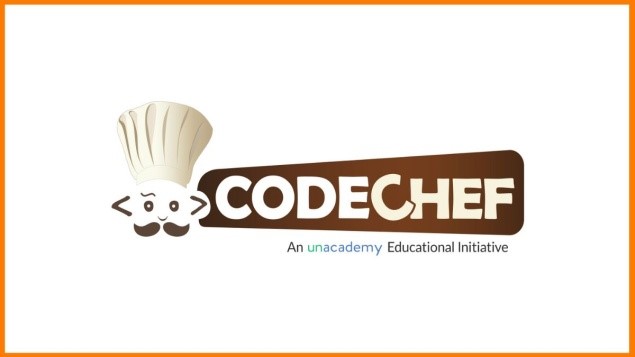



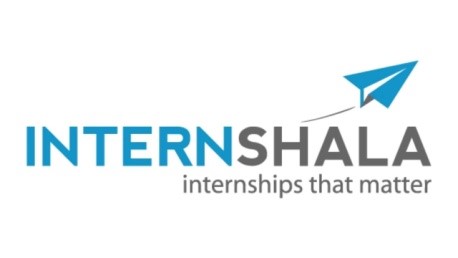


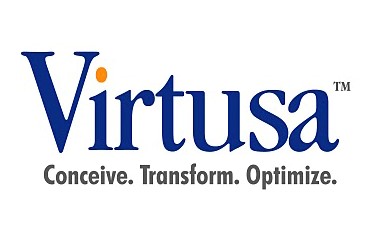
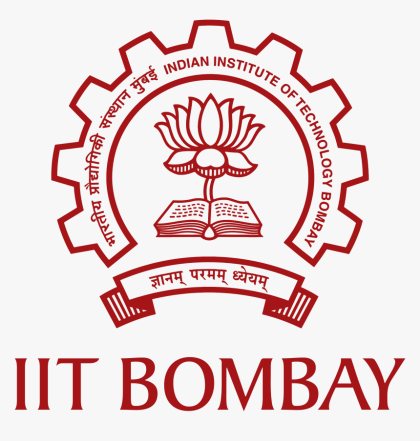

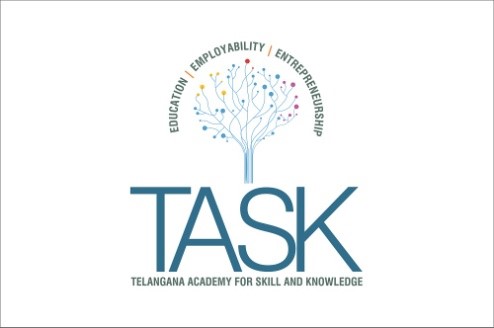
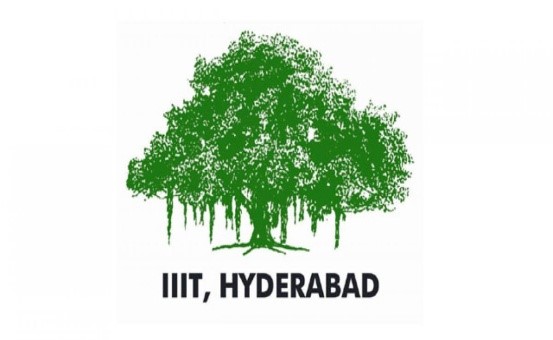
CSE(DS) Team

Dr. Vadlamani M Subramanyam
Ph.D
Head of the Department
Dr. V.M. Subrahmanyam currently serving as senior Professor in the Department of CSE (DS), is a distinguished and highly experienced academician. Dr. Subrahmanyam earned his Ph.D. in Computer Science and Engineering (CSE) from Shree Venkateswara University, U.P. and holds an M.Tech from JNTUH Hyderabad, along with an MCA from Kakatiya University, Warangal. He with over a decade of experience in academia, has a long standing experience in the department of Information Technology at Anurag Engineering College, Kodad, since April 2024, also served at Vijaya Engineering College, Khammam.
His expertise spans areas such as Software Development, IT Education, and Emerging Technologies. Dr. Subrahmanyam is dedicated to provide high-quality education, fostering critical thinking, and shaping the next generation of IT professionals. He is passionate about bridging the gap between theoretical knowledge and practical applications, enhancing the academic environment, and promoting the growth of future engineers.
Faculty Members
| Name | Qualification | Designation |
|---|---|---|
| Dr. Vadlamani M Subramanyam | Ph.D | HOD & Professor |
| Mr. Kishore Karra | M.Tech | Assistant Professor |
| Mrs. Burgula Sunitha | M.Tech | Assistant Professor |
| Mr. Mohammad Raziuddin | M.Tech | Assistant Professor |
| Mrs. Nandana Botla | M.Tech | Assistant Professor |
| Mrs. V Bhavya | M.Tech | Assistant Professor |
| Mrs. Chhatre Shital Vitthalrao | M.Tech | Assistant Professor |
| Mrs. Saritha Konda | M.Tech | Assistant Professor |
| Mrs. Mylaram Swapna | M.Tech | Assistant Professor |
| Mrs. Deepthi Ediga | M.Tech | Assistant Professor |
| Mrs. Samatha Nekkalapudi | M.Tech | Assistant Professor |
| Mrs. K.B. Pullamma | M.Tech | Assistant Professor |
| Mrs. Vavilala Preethika | M.Tech | Assistant Professor |
| Mrs. Palle Nandini | M.Tech | Assistant Professor |
Outcome Based Education
PO's
Engineering Graduates will be able to:
- Engineering knowledge: Apply the knowledge of mathematics, science, engineering fundamentals, and an engineering specialization for the solution of complex engineering problems.
- Problem analysis: Identify, formulate, research literature, and analyze complex engineering problems reaching substantiated conclusions using first principles of mathematics, natural sciences, and engineering sciences.
- Design/development of solutions: Design solutions for complex engineering problems and design system components or processes that meet the specified needs with appropriate consideration for public health and safety, and cultural, societal, and environmental considerations.
- Conduct investigations of complex problems: Use research-based knowledge and research methods including design of experiments, analysis and interpretation of data, and synthesis of t h e information to provide valid conclusions.
- Modern tool usage: Create, select, and apply appropriate techniques, resources, and modern engineering and IT tools, including prediction and modelling to complex engineering activities, with an understanding of the limitations.
- The engineer and society: Apply reasoning informed by the contextual knowledge to assess societal, health, safety, legal, and cultural issues and the consequent responsibilities relevant to the professional engineering practice.
- Environment and sustainability: Understand the impact of the professional engineering solutions in societal and environmental contexts, and demonstrate the knowledge of, and need for sustainable development.
- Ethics: Apply ethical principles and commit to professional ethics and responsibilities and norms of the engineering practice.
- Individual and team work: Function effectively as an individual, and as a member or leader in diverse teams, and in multidisciplinary settings.
- Communication: Communicate effectively on complex engineering activities with the engineering community and with the society at large, such as, being able to comprehend and write effective reports and design documentation, make effective presentations, and give and receive clear instructions.
- Project management and finance: Demonstrate knowledge and understanding of the engineering and management principles and apply these to one’s own work, as a member and leader in a team, to manage projects and in multidisciplinary environments.
- Life-long learning:Recognize the need for, and have the preparation and ability to engage in independent and life-long learning in the broadest context of technological change.
Life @ CSE(DS) Department
Facilities
Achievements
Professional Bodies & Clubs
Other Information
Resources
Teaching & Learning
Innovative Teaching Techniques
Teaching is an art and science. Teaching is a process of imparting knowledge and skills. It is a systematic process based on some educational objectives to communicate.
The following innovative teaching methods are being adopted:
Interactive Learning
Interactive learning can take many different forms. Students strengthen their critical thinking and problem-solving skills using a much more holistic approach to learning. Interactive learning can take place across the curriculum with technology.
Collaborative Learning
“Collaborative learning is an umbrella term for a variety of educational approaches involving joint intellectual effort by students, or students and teachers together. Usually students are working in groups of two or more, mutually searching for understanding, solutions or meanings, or creating a product.
Collaborative learning activities vary widely, but most center on students’ exploration or application of the course material, not simply the teacher’s presentation or explication of it”.
Why use cooperative learning? To..
- promote student learning and academic achievement
- enhance student satisfaction with their learning experience
- help students develop skills in oral communication
- develop students skills
- promote student self-esteem
5 Elements of cooperative learning
- Positive interdependence
- Face-to-face interaction
- Individual and group accountability
- Interpersonal and small group skills
- Group processing
Flipped Classroom
A flipped classroom is an instructional strategy and a type of blended learning that reverses the traditional learning environment by delivering instructional content, often online, outside of the classroom. It moves activities, including those that may have traditionally been considered homework, into the classroom. In a flipped classroom, students watch online lectures, collaborate in online discussions, or carry out research at home and engage in concepts in the classroom with the guidance of a mentor.
The flipped classroom intentionally shifts instruction to a learner-centered model in which class time explores topics in greater depth and creates meaningful learning opportunities, while educational technologies such as online videos are used to ‘deliver content’ outside of the classroom. In a flipped classroom, ‘content delivery’ may take a variety of forms.
Role Play
Role-playing is the changing of one’s behavior to assume a role, either unconsciously to fill a social role, or consciously to act out an adopted role.
- To refer to the playing of roles generally such as in a theatre, or educational setting;
- To refer to taking a role of an existing character or person and acting it out with a partner taking someone else’s role, often involving different genres of practice.
Think-Pair-Share
Think-Pair-Share (TPS) is a collaborative learning strategy in which students work together to solve a problem or answer a question about an assigned reading. This technique requires students to (1) think individually about a topic or answer to a question; and (2) share ideas with classmates. Discussing an answer with a partner serves to maximize participation, focus attention and engage students in comprehending the reading material.
Benefits:
- The Think-Pair-Share strategy is a versatile and simple technique for improving students’ reading comprehension.
- It gives students time to think about an answer and activates prior knowledge.
- TPS enhances students’ oral communication skills as they discuss their ideas with one another.
- This strategy helps students become active participants in learning and can include writing as a way of organizing thoughts generated from discussions.
Case Based Learning
This method is learner-centered with intense interaction between participants as they build their knowledge and work together as a group to examine the case
The instructor’s role is to facilitate the students collaboratively analyze and address problems and resolve questions
Interactive Learning
Interactive Learning is a hands-on, real-world approach to education ‘Inetractive learning actively engages the students in wrestling with the material
It reinvigorates the classroom for both students and faculty. Lectures are changed into discussion and students and teachers become partners in the journey of knowledge acquisition
Students strengthen their critical thinking and problem-solving skills using a much more holistic approach to learning
Open Educational Resources
Open educational resources (OER) are freely accessible, openly licensed documents and media that are useful for teaching, learning, and research resources that reside in the public domain or have been released under an intellectual property license that permits their free use and re-purposing by others.
Open educational resources include full courses, course materials, modules, textbooks, streaming videos, tests, software, and any other tools, materials, or techniques used to support access to knowledge.
Like Blog, MOOC(Massive Open Online Course), Moodle etc.
Curriculum
Syllabus
B.Tech I,II,III,IV Year
Research & Development
Roll of Honors
Toppers – Batch Wise
Toppers – Semester Wise
Contact Us
Mr. Kishore K
Professor, HOD
[email protected]

